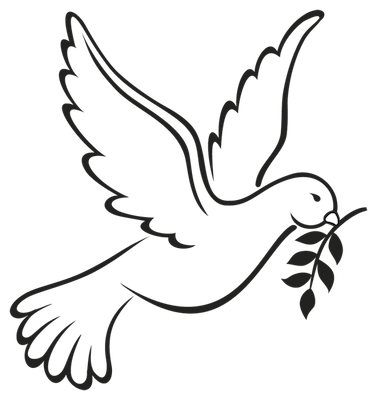It is difficult to say with accuracy how long entrepreneurship has been in this world. Maybe, from the time when the prey of the prehistoric man, caught in the hunt, did not go into a communal pot but was exchanged to weapons or tools from a neighbouring tribe. Then the exchange of a mammoth, killed in a fair fight, for stone axes was the first barter deal of ancient entrepreneurs. And making a stone axe is the very first small business. Since then, entrepreneurship has been predetermining the development of mankind and the change in economic formations, solving issues of war and peace, moving science and technology, and improving living conditions.
The origin of the word "entrepreneurship"
The birthplace of the word "entrepreneur", according to experts, is France. It appeared there in the XII-XIII centuries. Initially, entrepreneurs were people who staged parades, processions, and supervised public works and government programs.
In the 16th century, the word was used to define a profession. And only in the XVIII century, the concept got the modern meaning, characterized by such words as “ingenuity”, “innovation”, “knowledge of how to do”, “art”, “profession”, “work”. In the economic activity, such a definition as an entrepreneur was gradually formed.
Entrepreneurs are people who manage enterprises, conduct business at their own expense, using natural resources, funds, labour, with the aim of producing goods and selling them further. The entrepreneur’s income is a reward for his work, his ability to organize production and selling of goods.
The profiteer and profiteering
The word “profiteering” appeared in the Russian language in the 18th century. Its economic meaning is the purchase and resale of goods at an inflated cost in order to receive further profit. In a figurative meaning, speculation is a calculation, intent, which is aimed at using something for one’s own selfish purposes. Such accents regarding profiteering take place in our time. The profiteer is an intermediary in any business, his main goal is to purchase goods more cheaply and resell them more expensively. It turns out that most of the Russian businessmen are profiteers, because they resell goods, previously purchased at a lower cost, more expensively.
Since the days of the Soviet Union, profiteering has been perceived by society as something unworthy. In the USSR there was even a criminal article for profiteering. Interestingly, in the Western economy, active entrepreneurship is called profiteering. They are sure that the profitable purchase and resale of products or services is one of the forms of free choice of entrepreneurial activity.
Talking about profiteers, we often mean those who trade in assets, securities or currency. The idea is similar: buying as cheaply as possible and selling more expensively. Unlike entrepreneurs, a profiteer cannot just mark up an acquired asset, because otherwise, he will not be able to sell it to anyone. If the market value of the share is $ 100, no one will buy it even for $ 101. It turns out that the profiteer counts on the change in the market price and earns on its dynamics. If he makes a forecast correctly and acquires the necessary asset, then he can sell it at a higher cost when the rate rises. He, of course, will make a profit if he does not make a mistake in his forecast, but at the same time, he will not create anything, will not produce, will not invent. He will only receive his personal gain.
Entrepreneurship in Russia
In Russia, entrepreneurship has existed since ancient times. It originated in Kievan Rus as trade and in the form of crafts. The first entrepreneurs were small traders and merchants. Entrepreneurship reached its greatest development under Peter the Great. By his decrees, manufactories were created and industry developed rapidly.
The further development of entrepreneurship was constrained by the existence of serfdom. Its abolition in 1861 was a serious incentive for the development of entrepreneurship. The era of railroad construction began, heavy industry was reorganized, and shareholder activity revived. From the 15th to the first half of the 19th century, a national type of Russian entrepreneur was formed. Its main features were patriotism and adherence to Orthodox values.
In modern Russia, many people perceive entrepreneurship ambiguously. Over the past two decades, enough has been done in the country to form a repulsive image of the businessman in the eyes of the public - a kind of malicious hydra that seeks unrestrained profit and has no moral principles. But this is far from reality. And reasoning in this way, many confuse entrepreneurs with profiteers. Profiteers parasitize on the needs of people, without creating anything new for humanity, their goal is only personal gain. Real entrepreneurs have the future of Russia and the whole world. Perhaps entrepreneurs are not angels. But during a very short period, this class of businessmen managed to become the basis of the country's economic development.
 Default
Default
Feedback
Entrepreneurship and profiteering are different concepts. Entrepreneurs are engaged in the production of goods and services; they are the basis of the country's economic development. Profiteers are engaged in resale and do not bring anything new and useful to the world.


